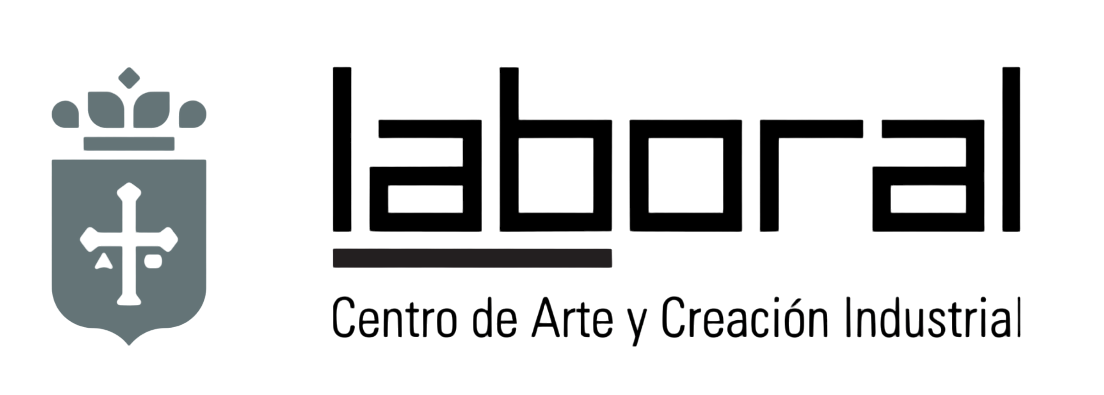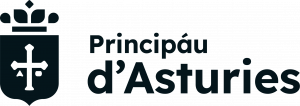Pei-Ying Lin
7 September 2015 – 31 October 2015
Pei-Ying Lin studied an MA Design Interactions at the Royal College of Art, London and graduated in biology, computer science, humanities at National Tsing Hua University, Taiwan. Her projects focus on the interaction between science and society and investigates how technology can be put at the service of hidden human desires in order to change the cultural aspects of a society. He works primarily in the humanities, creating new fictions of human knowledge from philosophy and semiotics. He loves to use biological experiments and theater to represent and observe the human being, which he takes as a source of inspiration for his creations. Lately she has focused on the study of human behavior in the face of infectious diseases and our way of understanding the world through biological materials.
She is the founder and, currently, the main organizer of the Taiwanese BioArt Community, where she organizes talks, workshops and round tables on the interaction between art and science. The purpose of this community is to build bridges between these two disciplines and pave the way for this new field in Taiwan’s museums, academic centers and organizations.
He has received an honorary mention in the Hybrid Arts category at Ars Electronica 2015; he was a finalist, in the Speculative Concepts category, at Core 77; and in 2016 he will start a residency at CERN (European Organization for Nuclear Research). He also leads a BioArt community in Taiwan that fosters the dialogue between science, art and design in that country.

Project in residence
Kaleidoscope of the Universes
Kaleidoscope of the Universes aims to reconceptualize a new way of thinking in the format of a modern mandala. In Buddhism and Hinduism mandalas are ritual meditations in which monks draw the complex images of their concept of the universe using brightly colored sands with great precision.
Kaleidoscope of the Universes is a project about two years in the making that begins with a culture of microorganisms in an agar mold made of bacteria, fungi and slime. The microorganisms represent a world that we long ago thought did not exist and is now predominant, as they interact with each other through hunting, competition and symbiosis, i.e. in a way that is almost as brutal as the world we can see before our eyes. These microorganisms will be printed with a symmetrical structure and incubated to create a small universe, a mandala, truly alive in a Petri dish.
The goal of this residency at LABoral is to produce a printer of bacteria and microorganisms connected to a brainwave device. Once the microorganisms have been printed, a mandala will be formed as they grow and interact. The brainwave device will affect the printing, intervening in the universe created by the bacteria, as if it were a meditation process.
The whole project will be a continuous performance that with each small printed universe comes to life and helps the performer to re-analyze the complex system composed by the biological world and the world we live in.
Pei-Ying Lin will develop this residency at LABoral within the framework of the agreement between El Centro de Arte y Creación Industrial de Gijón and the National Taiwan Museum of Fine Arts (NTMOFA) for the development of a residency program for digital artists.
Dr. Chun-Yao Chen, Environmental Microbiology Laboratory. Tzu-Chi University, Taiwan







